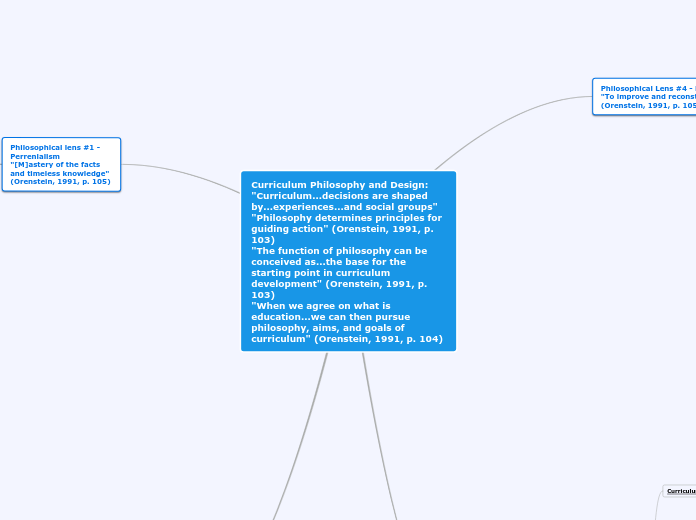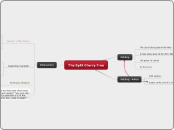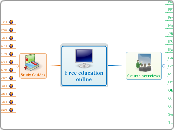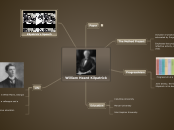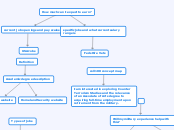af Dave Morgan 5 år siden
313
Curriculum Philosophy and Design: "Curriculum...decisions are shaped by...experiences...and social groups" "Philosophy determines principles for guiding action" (Orenstein, 1991, p. 103) "The function of philosophy can be conceived as...the base for the
The discussed works emphasize the importance of curriculum design in modern education, highlighting the need for a philosophical foundation in shaping educational approaches and decisions.
